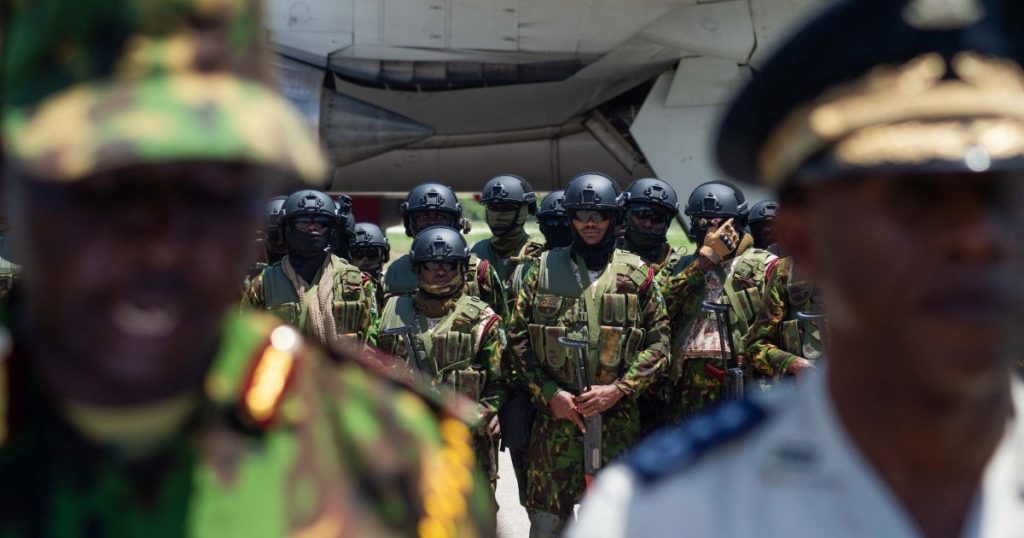More than half a million Haitians have been displaced internally by gang violence that has been plaguing the country. At least 40 Haitians were killed at sea and several others were injured after their boat caught fire while traveling from Fort Saint-Michel in northern Haiti to the Turks and Caicos islands. The boat, carrying over 80 people, caught fire off the coast of Cap-Haitien in Haiti’s north, and 41 people were rescued by the Haitian coastguard. The incident occurred when people on the boat used matches to light candles in a ritual for safe passage, leading to gasoline-filled drums catching fire and exploding.
Haiti has long been struggling with violent gang activity, with armed groups fighting for control of territory. In February, gangs launched coordinated attacks in the capital, Port-au-Prince, taking over police stations, shooting at the main airport, and forcing tens of thousands of people to flee. This violence has led to over 570,000 Haitians being internally displaced, according to the United Nations. The country’s socioeconomic situation has been described as dire, with the recent surge in violence pushing Haitians to desperate measures. As a response to the escalating violence, several hundred Kenyan police officers have arrived in Haiti to assist local law enforcement in combating the gangs.
The International Organization for Migration (IOM) has noted that more than 86,000 migrants and refugees have been forcibly returned to Haiti by neighboring countries this year. Despite the increase in violence and the closure of airports, forced returns rose by 46 percent in March alone, reaching 13,000 people. In the wake of this situation, the coastguard in the north has observed a rise in the number of attempts and departures by boat, with a growing number of vessels originating from Haiti being intercepted at sea by coastguards from neighboring countries including the United States, the Bahamas, the Turks and Caicos islands, and Jamaica.
The tragic incident involving the boat that caught fire highlights the dangers faced by migrants traveling through irregular routes, underscoring the urgent need for safe and legal migration pathways. Gregoire Goodstein, IOM’s chief in Haiti, emphasized the risks faced by children, women, and men migrating in unsafe conditions. The devastating event serves as a stark reminder of the perils encountered by those seeking a better life through irregular means. With the ongoing violence and displacement crisis in Haiti, it is crucial for international agencies and governments to work together to address the root causes of migration and provide support for those affected.
The influx of Kenyan police officers to Haiti as part of a UN-mandated mission reflects the international community’s recognition of the urgent need to address the escalating violence in the country. The presence of foreign law enforcement personnel aims to bolster local efforts in combating gang activity and restoring stability to the nation. In light of the challenges faced by Haitians, including forced returns and dangerous migration routes, a coordinated and comprehensive approach is needed to address the root causes of violence and displacement. By working together, the international community can help alleviate the suffering of those affected by the crisis in Haiti and pave the way for a more secure and stable future for the country and its people.


